I'd been talking about descriptive feedback, and moving away from letter grades and percentages (based on research that demontrates that marks actually interfere with student learning), and sharing a criteria-linked observation recording template. Despite the research in favour of timely, descriptive feedback, teachers in Ontario are still forced to report with letter grades twice a year. So how, the teacher at my workshop wanted to know, do we translate our descriptive feedback and anecdotal comments into a mark on the report card?
Report Card Marks, Translated
A further look at what an "A", a "B" or a "C" even means may be in helpful here. Since in Ontario, we evaluate student work in accordance with curriculum expectations (as opposed on grading on a bell curve) Levels 1-4 and Letter Grades A-D have very specific meanings.

A B (or a Level 3) indicate that the student demonstrates most of the expected criteria considerably well, a good portion of the time. A student working through Level 2 would earn a C, demonstrating that work is getting close to meeting the grade level expectations, and a D, or a Level 1, would indicate that a student is just beginning the journey towards meeting grade level expectations.
Even percentages, used to report on Grade 7 & 8 report cards, are aligned with these 4 levels (Growing Success, page 40), and in an attempt to make assessment more holistic at the intermediate/senior levels, many boards have even taken to using anchor marks, where a B, for example, is given a certain specified percentage.
Spinning Gold from Straw...
Given that marks therefore basically describe the degree to which a student's work meets a set of pre-determined criteria, teachers should be able to translate comments to marks with relative ease.
I recently had a unique opportunity to practise what I am preaching here.
... Even in a Pinch!
As I am often out of my classroom due to various professional projects I am invited to participate in at the board or provincial level, I try to work closely with a regular OT to almost "co-teach" (or at least co-plan for) our class curriculum. This term, that included my OT assigning a small group research project to the students in my class. They'd been learning about substance use and abuse, and about addictive behaviours. My OT and I decided that the students would work in groups to develop and deliver a short multi-media presentation about a drug they had researched. The OT and my students worked together to develop and record a list of criteria according to which their presentations would be evaluated. Shortly before the day they were to present and be assessed on their work, my regular OT got a long-term contract to the end of the school year, and had to cancel the rest of the dates I had booked her in!
A new OT took over the job, and -- with a little guidance from me and the help of my students who by now have been well-trained in the process -- she stepped fairly seamlessly into the gap and assessed the students' presentations.
The feedback she offered them was directly linked to the criteria they had co-constructed, and her observations were noted in considerable detail on a template I had developed and sent her ahead of time.
Holistic Reporting
While I am still cautiously optimistic that the formal process of reporting to families in this province will one day encompass a less contrived (and less stress-inducing!!) and more wholesome approach, I do rest more comfortably in the fact that even with the existing letter grades we are obliged to assign twice a year, assessment-literate students and their families can read between the lines and find specific feedback to inform their future learning goals.
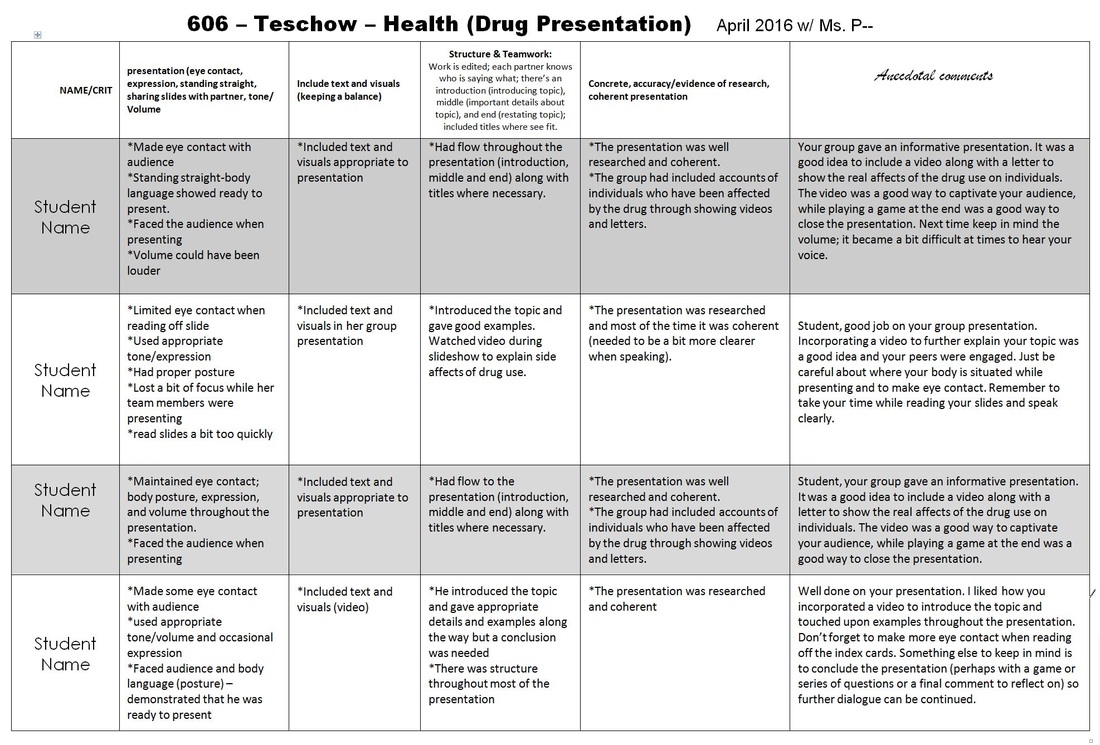

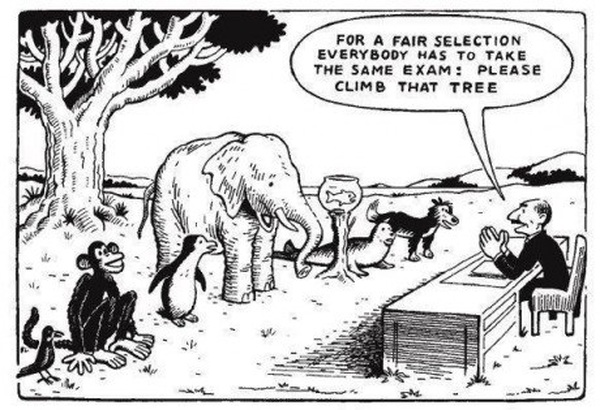
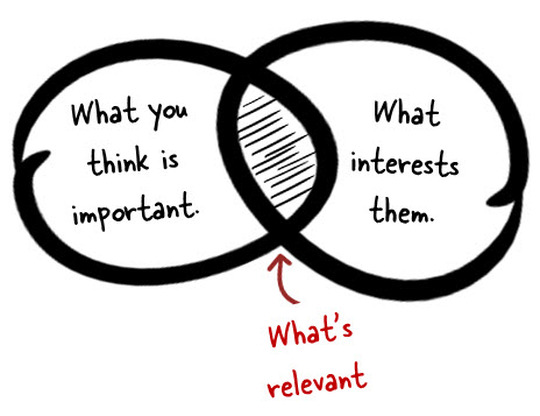

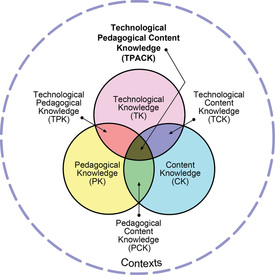

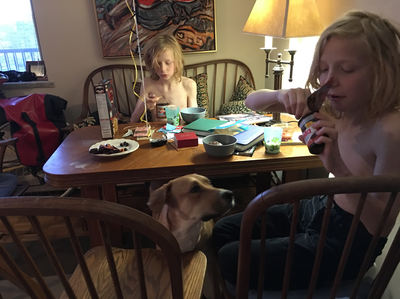
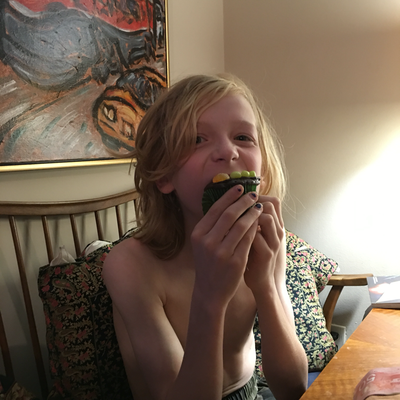

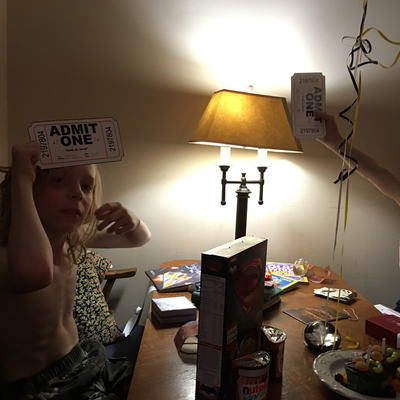



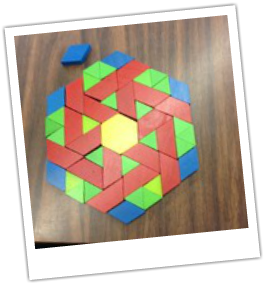


 RSS Feed
RSS Feed